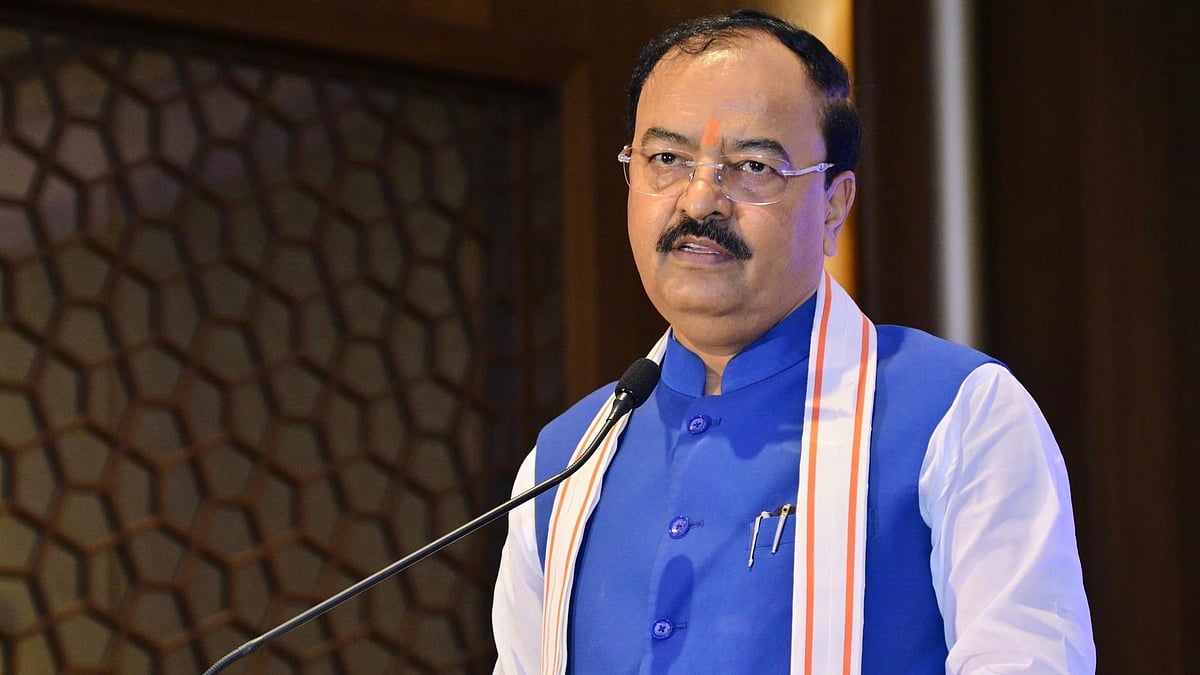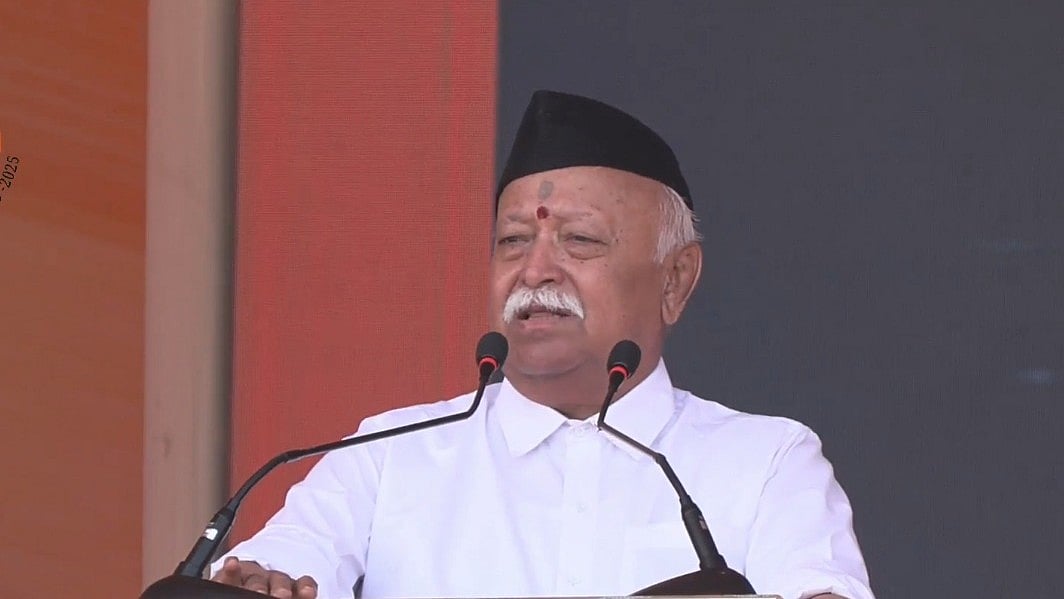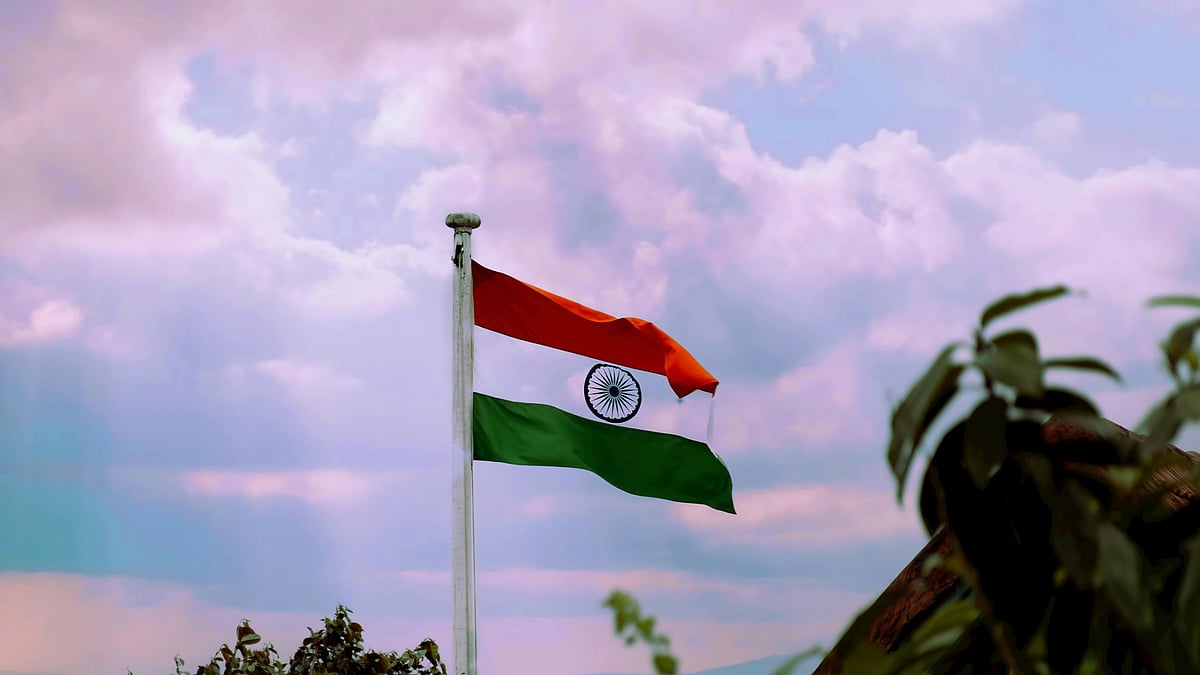If there is anything that the Pakistani spook service really lacks, it’s good script writers, which is surprising considering that Pakistan has a surfeit of writers who pen fairly plausible dramas. The manner in which the entire screenplay of the spy story involving an alleged Indian spy who had served in the Indian Navy and was arrested by Pakistani agencies in the border town of Chaman has played out so far, raises serious doubts and questions over the claims being made by the Pakistani authorities. Simply put, the story isn’t adding up. Already the visiting Iranian president has publicly snubbed the Pakistani military establishment. Not only did he deny that there was any mention of the Indian external intelligence agency, RAW, during his meeting with the Pakistani army chief, he also dismissed allegations of RAW activities from Iranian soil as ‘rumours’. Clearly, apart from the Pakistanis – the announcement of the arrest of an alleged Indian spy was timed to coincide with the visit of the Iranian President, the JIT teams visit to India to gather evidence in the Pathankot attack case and the possible meeting between the Prime Ministers of both countries later this month in the US – no one else, least of all India, is as yet willing to buy into the ‘spy-cum-saboteur’ story that the Pakistanis are trying to sell.
The real answer to how Jadhav landed inside a Pakistani prison could come if and when the Indian mission is granted consular access to Jadhav. That India has accepted Jadhav as an Indian national makes it incumbent on Pakistan to fulfil its obligations under the Vienna Convention to grant consular access.
Whatever information is available in the public domain, which is essentially the story that the Pakistani agencies are feeding to an embedded media (or is the appropriate expression, ‘media that is in bed with the ISI’?) which unquestioningly parrots whatever it is fed, is extremely murky. The only element of the story that can be confirmed so far is that a former Indian Navy officer, Kulbhushan Jadhav, is in Pakistani custody and has been accused by Pakistani authorities of spying, and worse, being the ‘spymaster’ who was the ‘mover and shaker’ of the insurgency by Baloch freedom fighters. Other than this, everything else being alleged by Pakistan is open to question.
While the Pakistanis have released some details of the fake identity that Jadhav had allegedly assumed and the Indian passport that he was alleged to be carrying, the veracity of these documents is still to be established. Considering that Pakistanis are known to be expert forgers of not just Indian currency but also Indian travel documents, they could have easily planted a fake passport on Jadhav to fix him. As for his purported confession, the fact is that if the Pakistani Army chief Gen Raheel Sharif was to fall into the hands of Indian agencies, even he would confess to be a RAW agent within 24 to 48 hours! Confessions under torture mean absolutely nothing. As things stand, the circumstances of how Jadhav landed up in Pakistani custody – where he was arrested or picked up, when, and what was he really doing, if at all he was doing anything – are still clouded in the fog that invariably descends in anything and everything involving actual and alleged spooks.
We are told that Jadhav was apprehended in Chaman on the Pakistan-Afghanistan border. We are also told that he was operating from Iran to stir up trouble in the restive Pakistani province of Balochistan. But Chaman is around 800 km from the Iranian border and it would make more sense for Jadhav to enter Chaman from Kandahar in Afghanistan rather than risk travel for 800 km of extremely hostile and dangerous territory teeming with an oppressive security force presence to reach Chaman. In any case, Chaman is a Pashtun area and if Jadhav was the ‘James Bond’ he is being made out to be, then he should have been operating in the troubled Baloch belt – Khuzdar, Panjgur, Awaran, Kech, Turbat, Mastung et al.
In any case ‘James Bond’, or even an ‘Agent Vinod’, never travels with incriminating documents. Whatever else you may think of the RAW, they are solid professionals of their tradecraft and this sort of an elementary mistake – a spy carrying on his personal papers that scream ‘I am a dubious guy’ – is not something they will ever be caught doing. What is more, a relatively senior officer (serving or retired) of the rank of Commander of Navy is generally not infiltrated into a hostile country. The risk that he may get ensnared is too high to take, more so because unlike a foot soldier, he would be privy to far more damaging information which cannot be risked under any circumstances. But even if someone is to be infiltrated, then the documents he will carry are local identification papers or else third-country papers. For anyone to carry an Indian passport and infiltrate into Pakistan is too brainless to be even real.
Then there is the whole issue of a man with a Naval background being used for stoking fires of insurgency. Clearly, this part of the story just didn’t gel, hence the Pakistanis have tweaked the story line to claim that he was training saboteurs to target Pakistani ports, something which fits in with the pet Pakistani conspiracy theory of India wanting to sabotage the China-Pakistan Economic Corridor. But training saboteurs is not a task given to middle-aged, over the hill former officials. Plus, where was he training them and why would he need to go into Balochistan to give such training when it could be imparted to some of the ‘sarmachars’ outside Pakistan?
All of this begs the question as to how Jadhav landed up in the predicament he finds himself in. Apart from what is being alleged by the Pakistanis, there are many other possibilities that could explain Jadhav’s being in Pakistani custody. Many Indians work inside Iran on projects in Chabahar port, Zahedan and the road and rails links to Central Asia and Afghanistan. It is possible that Jadhav was doing some business in the border areas and was kidnapped by Pakistani agents. He could have been involved in some dubious dealings – the area is notorious for narcotics and human trafficking and also gun-running – and could have been lured into Pakistan by his associates who would have been put up to the job by the Pakistanis who are desperate to prove an Indian hand behind the freedom struggle in Balochistan. He could equally well have been picked up from the coastal region bordering Pakistan – there are reports that he ran a shipping company. But all of this lies in the realm of speculation.
The real answer to how Jadhav landed inside a Pakistani prison could come if and when the Indian mission is granted consular access to Jadhav. That India has accepted Jadhav as an Indian national makes it incumbent on Pakistan to fulfil its obligations under the Vienna Convention to grant consular access. Of course, since Pakistan isn’t exactly known to adhere to international obligations and niceties, and there is no mechanism to force them to live up to its commitments, it is difficult to say when India will be granted consular access. But it is only after talking to him will there be any clarity as to what exactly happened which led to Jadhav being in Pakistan’s clutches. But whether Jadhav is a spy or a smuggler or just an innocent man who has become a pawn in a sinister Pakistani conspiracy to pin the blame of the freedom struggle in Balochistan on India, merely by virtue of the fact that he is an Indian citizen, it is incumbent on the Indian government to ensure his safety and early repatriation to India.
Counter-intuitive though it may sound, spies engage in legitimate state activity and even though it is utterly unacceptable to the country being spied upon, it is the duty of the spy’s country to try and protect him to the extent possible. The trouble however is that even if Jadhav is innocent, Pakistanis have raised the pitch so much that it will now take a lot of doing to get him back home.










